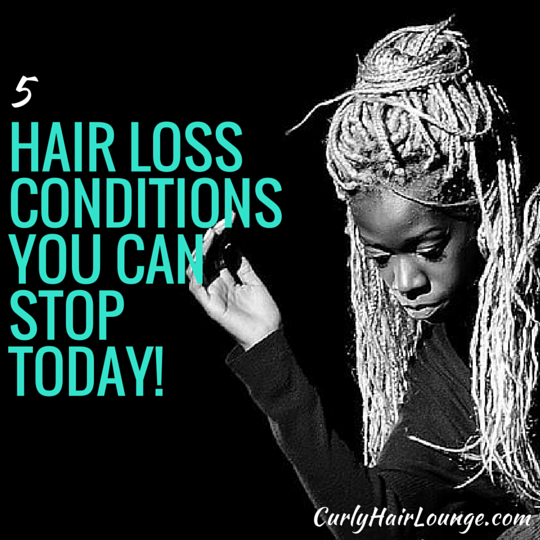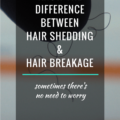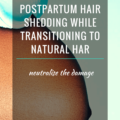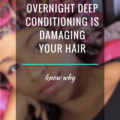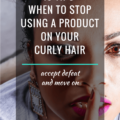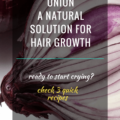I don’t know about you but, the words hair loss sound way scarier to me than hair breakage. Hair breakage is generally associated with the lack of or a bad hair practice, and they are normally under your control. You have the power to moisturise your hair when it feels dry or to stop using direct heat without protection. Hair loss, on the other end, can be out of your control and be irreversible. Long are the days when hair loss was usually associated with men and us, women, sighed with relief. Today, we know that women too can become bald (though in a different way) or suffer from hair loss conditions related to their health such as Lupus. The good news is there are hair loss conditions you can stop today, just let your doctor worry about the others (may they never knock on your door)!
So what are the things you can look at and make changes, that will revert your hair loss, assuming, of course, you don’t have a serious a condition that needs to be evaluated by a doctor? I will be mentioning bellow a few of the changes you can make. Try a couple of them and see if you notice any changes.
1| Traction Alopecia
This is a hair condition where your hair roots suffer too much pulling and tugging from styling, your hair follicles become “traumatised” and then your hair stops growing. The obvious signs are a receding hairline, hair sections where your hair looks thinner or areas where you can have bald patches. Fortunately, if you don’t let this develop into (irreversible) scaring alopecia, once you stop the damaging hair practice/behaviour your hair will grow back again.
I’ve talked about this condition before when discussing Hair Extensions When Transitioning To Natural Hair – Friend or Foe? to help you decide if they are a good fit for you. I also developed a Thinning Edges Worksheet Guide to help you identify behaviours or practices that could be causing you thinning hair edges, one of the signs of traction alopecia. If you are suffering from this and need help you can read 7 Causes of Thinning Hair Edges and you can also download the FREE WORKSHEET GUIDE >here< to start addressing the problem.
2| Diet
There it is again, your diet. If you’ve been keeping a close eye on your diet making sure it is balanced and diverse and you eat from every food group, you are my hero! No, for real, I mean it. You are my hero because you are doing one the best things you can to keep your hair healthy, you are basically Eating Your Way To Healthy Hair.
On the other hand, if you’re failing in this area you can be depriving your hair of essential nutrients found in a balanced diet. Proteins, for instance, are the main components of your hair and if your body is deprived of it, it will direct its protein reserves to more important areas of your body than your hair follicles, thus, you will start to experience hair loss.
To avoid this and without being too obsessed with your diet, a simple rule you can follow is to make sure your diet is as colourful as it can be, avoid saturated fats and having too many sugary sweets and drinks. If, however, you still experience hair loss with a good diet you should consult a doctor.
3| Hormones
We know all too well what these are. There’s a whole section of the month dedicated to it and our partners take the hit. Luckily, your menstruation doesn’t seem to influence hair loss (Thank God! Many of us would be bald along time ago). There are, however, other occasions when hormones play a role in it. Pregnancy (postpartum), pills, or menopause they all affect the hormone levels in your body to the point where you can experience hair loss, a lot even, as is the case with postpartum hair shedding.
With a visit to the doctor, he can help you regulate your hormone levels with the right medication and once they are stabilised you’ll go back to normal.
4| Stress
With this one, it’s hardly a surprise how we’re not all bald-headed given the amount of stress we face when compared to our grandparents. But, don’t worry although stress can really be at the root (well, it’s more like at the lack) of the problem our bodies have become accustomed to a certain level of stress. In a way, we’ve grown into it, our bodies have slowly become desensitised up to a certain level.
However, we all have an upper limit and when it’s exceeded the body enters into shock and hair loss can be one of the symptoms. Stress can be caused by anxiety in life, the loss of a family member, or even surgery. You can ensure that this condition reverses (or never initiates) by having a more relaxed lifestyle, including exercise in your life, doing a hobby or by having therapy. One thing seems to be certain, doctors all say that once the cause of stress is addressed your hair will grow back again.
5| Medication
Medication can mess up with a lot of things in our body if you didn’t know. They are basically chemicals mixed together for the purpose of relieving or correcting other chemical reactions in your body. The problem arises when certain medications conflict with our own body and it starts to react adversely and you lose hair.
Although scary, a simple visit to the doctor to correct the medication should be enough to have things back to normal. So, if you’re taking any medication, or you are about to, ask your doctor if hair loss could be one of the side effects.
If you notice that you are shedding hair way beyond your normal levels, you should consider if you are not suffering from one of these from conditions. If so, you can easily make some changes and notice some quick improvements. Please make sure you know the difference between shedding and breakage as it is very important!

